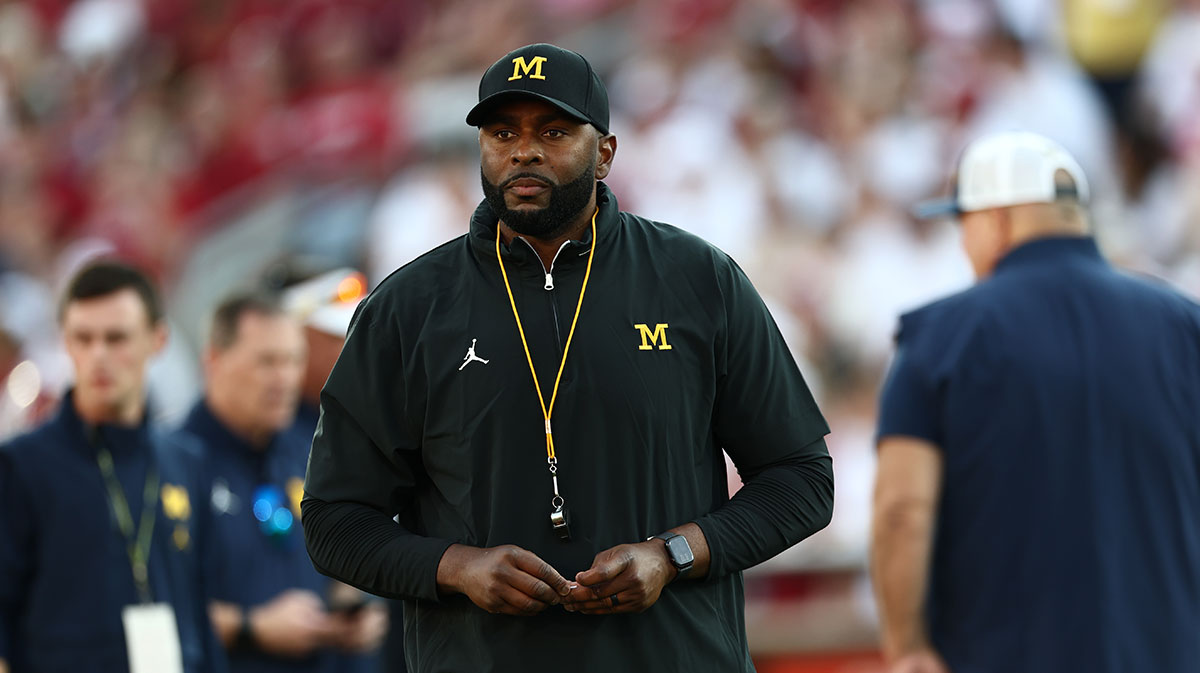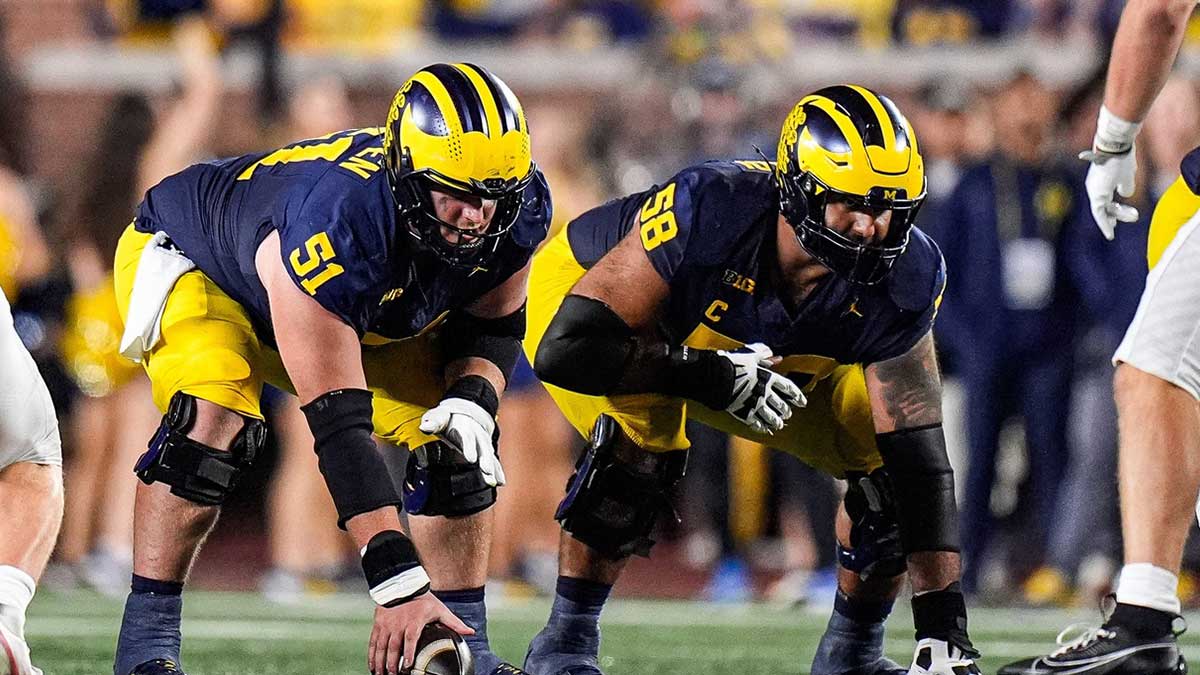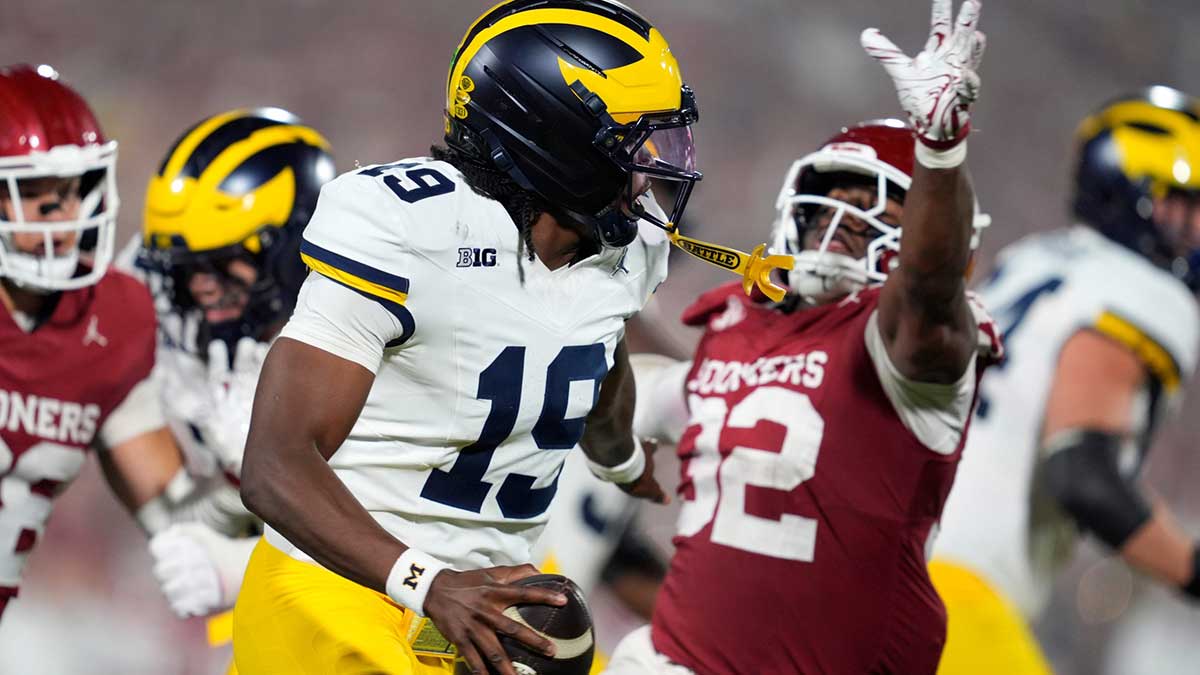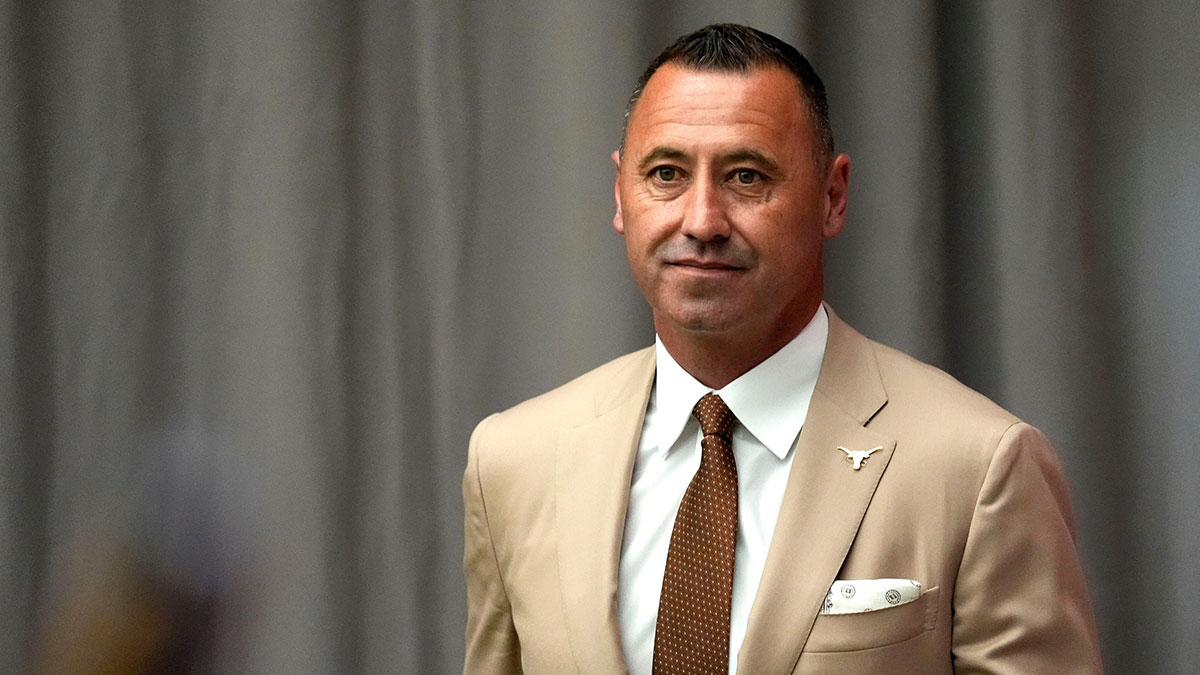The 2025 season was supposed to be a turning point for Arizona State under second-year head coach Kenny Dillingham, a year when recruiting gains and roster development began paying dividends. Instead, the Sun Devils stumbled in Week 2, losing 24-20 to Mississippi State in a game they had every chance to win. The defeat not only shook confidence in the team’s preparation and execution. It also underscored deeper issues that could derail a promising season. With an unforgiving schedule looming, the loss feels bigger than just a mid-September blemish. It's a warning sign.
Arizona State’s season so far

Arizona State football opened its 2025 campaign with a 1-1 record heading into Week 3. The Sun Devils started strong, rolling past Northern Arizona 38-19 at home. However, momentum quickly stalled with a narrow 24-20 road loss to Mississippi State. The defeat knocked them out of the latest AP Top 25 Poll and exposed cracks in their early-season form. That's far from where they were in preseason rankings. With Texas State visiting Tempe on September 13, head coach Kenny Dillingham has emphasized one priority above all: cutting down on the explosive plays that have burned his defense.
Here we will look at and discuss the reasons for Arizona State football fans to panic after the upset loss to Mississippi State.
A nightmarish start to the season
If there was one sequence that defined the upset loss, it was Arizona State’s first half against the Bulldogs. Trailing 17-3 at halftime, the Sun Devils looked unprepared and flat. They produced their worst opening half since late 2023. Mississippi State football coach Jeff Lebby crafted a scheme that stifled quarterback Sam Leavitt and neutralized Arizona State’s tempo-driven offense. Leavitt, who entered the season with high expectations, was pressured repeatedly and had little rhythm with pass catchers Jordyn Tyson and Chamon Metayer. The Sun Devils eventually clawed back into the contest. Still, digging out of such an early hole exposed glaring flaws in game-planning and readiness.
Key injuries weaken offensive firepower
The night grew darker when starting running back Kyson Brown left the game with an injury in the first quarter. Brown had been slated as Arizona State’s primary ground weapon. That's a role designed to balance Leavitt’s passing attack and allow transfer Raleek Brown to work as a change-of-pace option. Without Kyson, the Sun Devils’ rushing attack collapsed. They averaged fewer than 3.5 yards per carry. Sustaining drives became a struggle, leaving the defense overextended and fatigued. While Tyson and Metayer tried to pick up the slack through the air, the absence of a reliable run threat tipped the balance heavily in Mississippi State’s favor. If Kyson's injury lingers, Arizona State’s entire offensive identity could be at risk.
Defensive struggles and late-game collapse
The cruelest part of the loss was how close Arizona State football came to pulling off a comeback. For nearly 28 minutes of the second half, the Sun Devils dominated possession and clawed back within striking distance. Whenit mattered most, though, the defense broke down. With 30 seconds left, Bulldogs quarterback Blake Shapen connected with Brenen Thompson on a 58-yard dagger. That exposed Arizona State’s secondary. Defensive breakdowns late in games are particularly concerning because they often reflect conditioning, composure, and discipline under pressure. Yes, Dillingham praised his players’ fight. That said, fans were left wondering about the Sun Devils' ability to effectively close out even stronger opponents.
Discipline issues: Penalties adding fuel to the fire
A recurring theme for Arizona State was self-inflicted wounds. Untimely penalties extended Bulldog drives and sabotaged promising Sun Devil possessions. A holding call erased a long completion from Leavitt that would have set up a potential go-ahead score. Two defensive pass interference calls kept Mississippi State drives alive. Penalties may seem minor in isolation, but collectively they magnified Arizona State’s struggles. That gifted momentum to the Bulldogs at key moments. For a team trying to establish itself as a disciplined, rising program under Dillingham, this regression is alarming. These mental lapses could define the 2025 season.
Rose-colored glasses shattered: Dropping out of Top 25 rankings
The immediate consequence of the loss was Arizona State’s fall out of the AP Top 25. Sure, early-season rankings don’t determine postseason fate. However, they shape perception. That matters in recruiting, bowl selection, and playoff contention. Just a week ago, the Sun Devils were touted as a dark horse in the Pac-12 conversation. Now, they’re viewed as vulnerable pretenders. The road back into the Top 25 is steep. It requires not only victories but convincing ones against quality opponents.
Coaching and scheme questions

Perhaps the biggest red flag emerging from the loss is directed at the coaching staff. Mississippi State forced Arizona State to abandon its scripted plays and adjust on the fly. Dillingham and offensive coordinator Marcus Arroyo eventually simplified the offense. They leaned on Leavitt’s athleticism and Tyson’s route-running. By then, though, the margin for error was slim. The comeback push looked less like strategic brilliance and more like desperation. If the Sun Devils’ staff can’t consistently out-scheme opponents, they will remain a talented but underachieving squad. For Dillingham, this is a pivotal test of credibility.
Grueling schedule ahead
Arizona State football's margin for error is gone. After hosting Texas State, the Sun Devils face daunting road trips to Baylor and Utah. Both teams have physical defenses capable of replicating Mississippi State’s blueprint. Later showdowns with Texas Tech and Iowa State loom even larger. To survive, Arizona State needs health from playmakers like Kyson Brown, sharper execution from Leavitt, and fewer lapses in discipline. More importantly, they need Dillingham to prove he can adjust and lead under fire. Otherwise, the 2025 season may spiral into frustration. Their Mississippi State loss might be remembered not as a stumble, but as the start of a collapse.



















